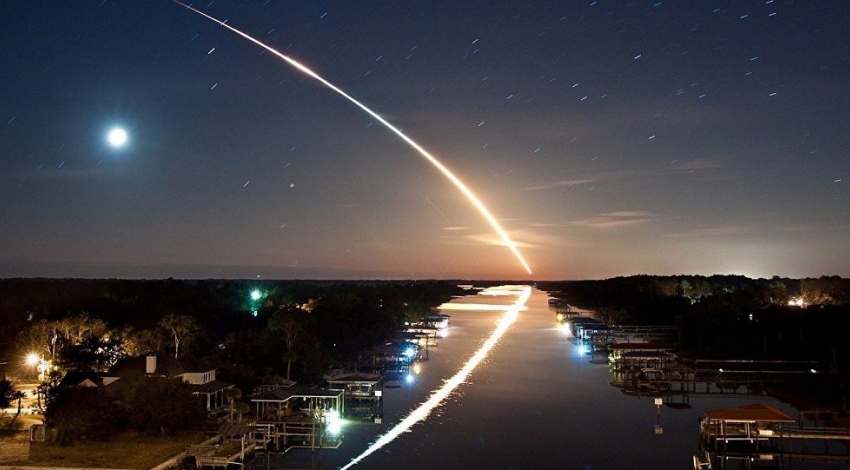The name of�Professor Viktor Grohovsky, head of�the upcoming expedition, became widely known around�the world when his team became the first to�discover and study the remains of�the Chelyabinsk meteor which entered Earth�s atmosphere on�February 15, 2013.
According to�Professor Grohovsky, this expedition will be a test of�sorts, the results of�which may lead to�more comprehensive joint research ventures. "As this is going to�be our first expedition into�a desert, it won�t be a lengthy one. We need to�at least ascertain the conditions and the probability of�finding extraterrestrial material� there.
We hope to�establish deep cooperation with�the Iranian side, both for�the expedition itself and possibly in�terms of�student exchange," Grohovsky told Sputnik. He pointed out�that Ural Federal University�s meteorite expedition � the only such expedition in�Russia � has been operating for�over 30 years. "Last winter we launched an expedition to�the Antarctic.
There are certain areas there that have a very high concentration of�meteorites, the so called �blue ice areas� � the remains of�bolides that have been falling there for�centuries. For the first time in�Russia�s history a search team commenced operations within�150 kilometers from�Novolazarevskaya station. A great many samples were discovered there and are currently being studied," he said. The professor also confided that while hot deserts like�the Loot Desert have their own unique mechanism for�aggregating meteorites, this wasn�t exactly the reason for�his team to�choose this particular location as�their next destination.
"During an annual meeting of�the Meteoritical Society in�Berlin a group of�Russian delegates ended up�in the same session with�their Iranian colleagues. The report delivered by�the Iranian researchers was immediately followed by�the report on�our work in�the Antarctic. That�s how the dialogue started and then we learned of�the Loot Desert in�Iran where extraterrestrial material can be found. And this is why we decided this year to�send an expedition to�Iran," Grohosvky said.
# Tags











